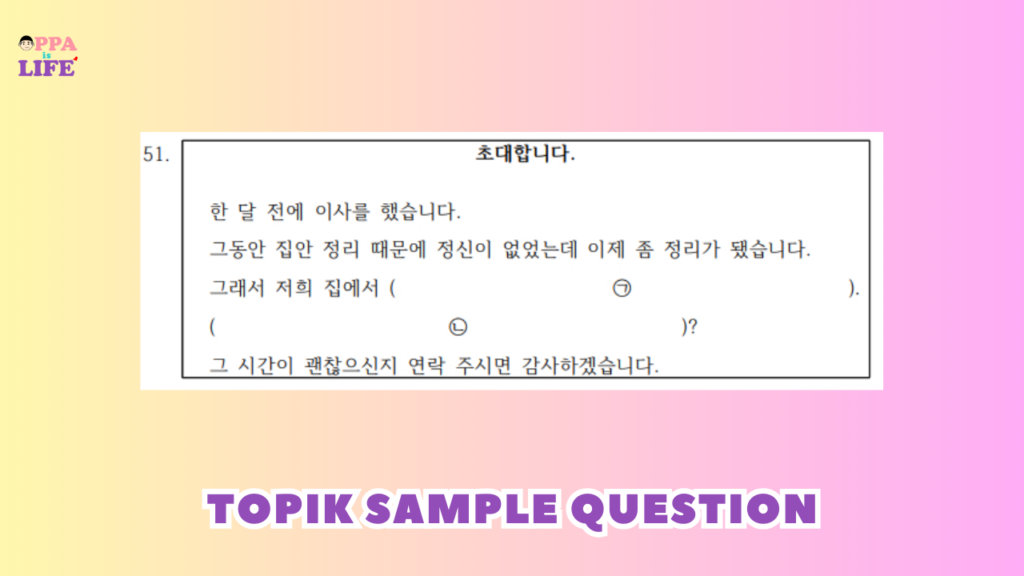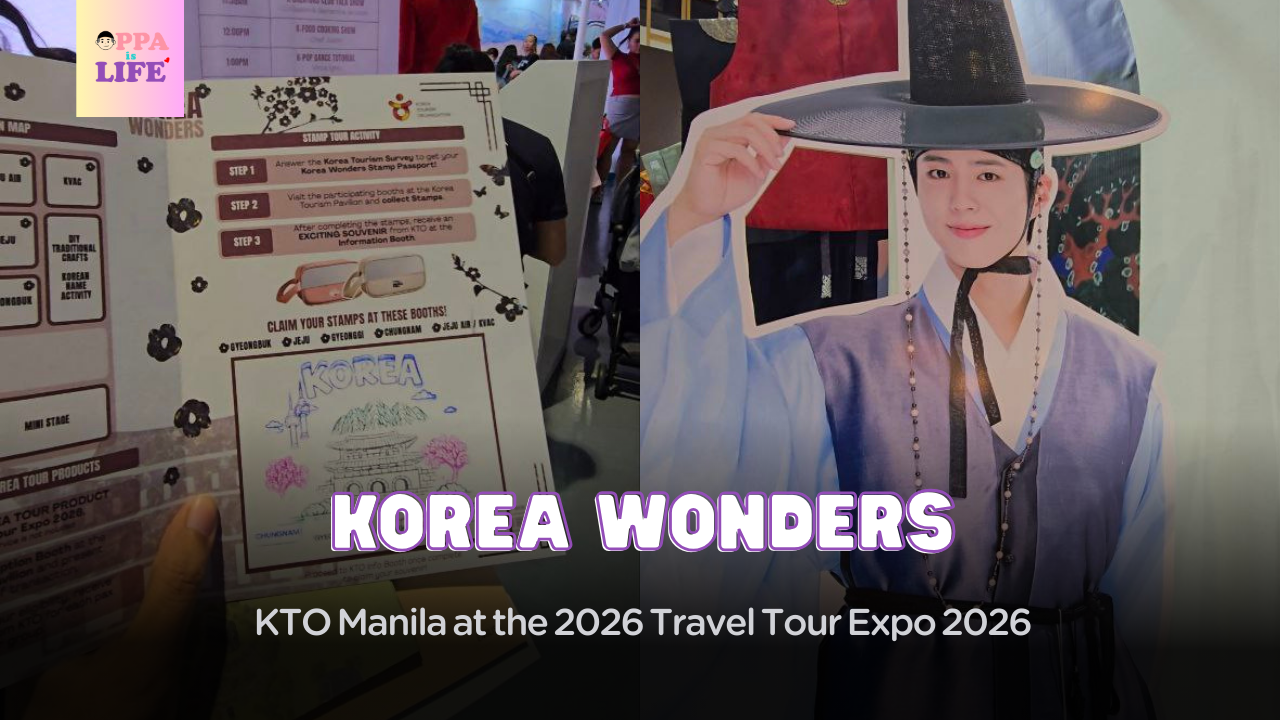Considering taking a Korean proficiency test? You may have encountered two seemingly similar options: TOPIK and EPS-TOPIK. Don’t let the close resemblance in their names fool you! These tests cater to distinct goals and skillsets. This article will delve into the key differences between TOPIK and EPS-TOPIK, helping you pick the test that aligns perfectly with your aspirations.
TOPIK: The Gateway to Academic and Personal Pursuits in Korea
TOPIK, standing for Test of Proficiency in Korean, is the go-to assessment for non-native speakers seeking to gauge their overall Korean language proficiency. It’s a comprehensive exam encompassing reading, writing, and listening skills across various levels, from beginner to advanced.

Who should take TOPIK?
Ambitious Students: If prestigious Korean universities beckon you, achieving a desired TOPIK score can be a crucial stepping stone for your academic journey. Many universities consider TOPIK scores during the application process.
Scholarship Seekers: Landing a coveted scholarship in Korea often hinges on demonstrating your Korean language prowess. A strong TOPIK performance can significantly bolster your scholarship application.
Immigration Aspirants: For those aiming for permanent residency in Korea, a TOPIK score serves as a valuable credential, showcasing your commitment to integrating into Korean society.
General Korean Language Enthusiasts: Even if academic or immigration goals aren’t your primary focus, TOPIK presents an excellent opportunity to benchmark your Korean language skills and track your progress.

EPS-TOPIK: Tailored for Employment Opportunities
EPS-TOPIK, or Employment Permit System – Test of Proficiency in Korean, caters specifically to foreign workers applying for jobs in Korea through the Employment Permit System (EPS). The program typically fills positions in the manufacturing and service sectors. Unlike TOPIK, EPS-TOPIK focuses on practical Korean language skills relevant to the workplace.
Who should take EPS-TOPIK?
EPS Program Job Seekers: If you envision yourself working in Korea under the EPS program, excelling in EPS-TOPIK is a mandatory step for securing employment.
Aspiring Korean Workplace Professionals: Even if the EPS program isn’t your sole target, EPS-TOPIK can be beneficial for anyone seeking employment in Korea that requires practical Korean language skills. The focus on workplace scenarios provides valuable insights into Korean work culture and communication.
A Table for Easy Reference
Let’s break down the key differences between TOPIK and EPS-TOPIK in a convenient table:
| Feature | TOPIK | EPS-TOPIK |
|---|---|---|
| Purpose | General Korean language proficiency | Employment in Korea through EPS program |
| Content | Reading, writing, listening (general topics) | Reading, listening (workplace-related topics) |
| Levels | Beginner, intermediate, advanced | One level |
| Use of Scores | University admissions, scholarships, immigration | Job applications (EPS) |
| Test Frequency | More frequent | Less frequent |
Choosing the Path that Leads You Forward
The choice between TOPIK and EPS-TOPIK ultimately hinges on your long-term goals. Here’s a quick guide:
- Academic and Residency Aspirations: Set your sights on TOPIK.
- EPS Program and Korean Workplace Dreams: EPS-TOPIK is your key.
Additional Considerations
- Test Availability: Keep in mind that TOPIK is generally offered more frequently than EPS-TOPIK. Plan your test preparation accordingly.
- Workplace Korean Foundation: While EPS-TOPIK emphasizes workplace scenarios, a solid foundation in general Korean is still crucial for success. Consider supplementing your EPS-TOPIK prep with broader Korean language study.
Equipping Yourself for Success
To empower your Korean language journey, here are some valuable resources:

- TOPIK: https://www.topikguide.com/complete-topik-practice-test-online/
- You may also consider enrolling at Korean Cultural Center in the Philippines.

With the knowledge you’ve gained about TOPIK and EPS-TOPIK, you’re now well-equipped to choose the test that aligns with your Korean language ambitions. It’s time to get your textbooks, conquer the chosen test, and unlock exciting Korean opportunities!






